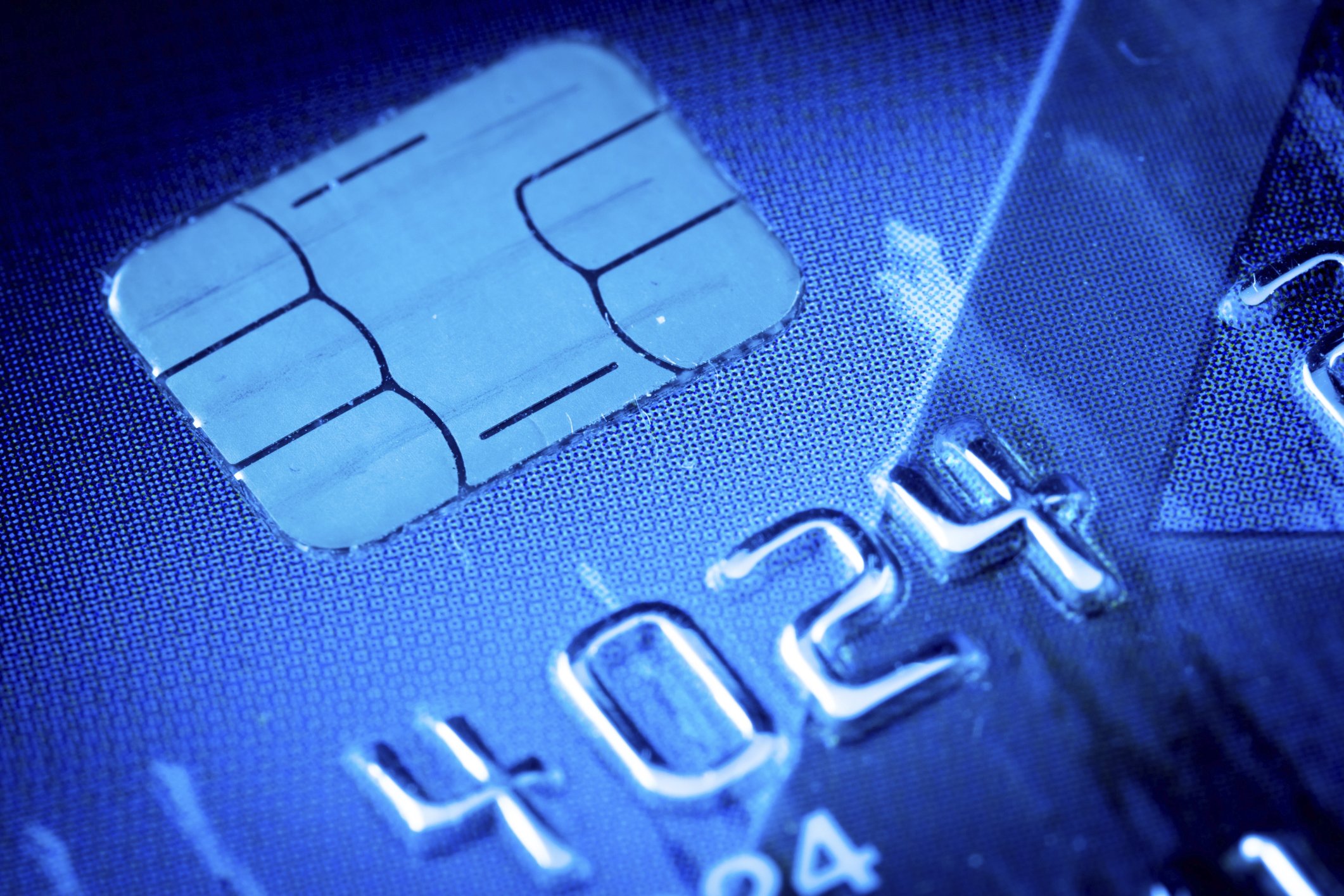
Your points, miles and cash back are not nearly as secure as the money you deposit in a federally secured bank. Your credit card rewards are subject to some rules and terms that you need to follow in order to redeem and use them.
Credit card rewards come in several different forms, and each has its own vulnerabilities. To make sure that you never lose your valuable rewards, consider these six ways that it can happen, and what you can do to prevent it.
1. Making Late Payments
Some credit card issuers will not grant customers rewards for spending when they fail to make an on-time payment, or pay less than the minimum amount required. For example, the terms of some American Express cards state that customers will forfeit the points they received during their billing statement when they make a late payment. However, points can be reinstated for a one-time fee. To avoid making late payments, take advantage of the email and text reminders that most credit card issuers offer, or set up automatic payments.
2. Closing Your Account
With credit card reward programs operated by banks, you will often lose your points if you close your account. On the other hand, if the rewards program is operated by an airline, hotel chain or retailer, the points are often transferred each month to another company’s account, and are unaffected when you close your credit card account. To avoid losing your rewards, learn what your bank’s policy is before you close your account. For example, some banks will offer a time period to redeem rewards after your account is closed, and Discover cardholders are still entitled to redeem their cash-back rewards after account closure.
3. Returning Purchases That Earned Rewards
If you make a larger purchase, you will earn rewards, but those rewards are not yours to keep if you later make a return. Because credit card rewards are issued based on your net purchases minus any returns or credits, your card issuer could deduct the rewards you earned if you later return your purchases and have a net credit on your account.
4. Breaking the Rules
Every rewards program has a lengthy document called the terms and conditions, and it’s necessary for customers to agree to abide by those rules in order to participate. And in nearly every program, there are rules that you can break that can result in the forfeiting of reward points, miles or cash back. For example, airlines have strict rules against buying or selling frequent-flier miles or award tickets. The airlines even train their check-in agents to try to spot travelers who have purchased frequent-flier awards. And when caught, the buyer can lose his or her ticket while sellers can find their frequent-flier accounts closed and their loyalty points lost. Therefore, you should familiarize yourself with the terms of your credit card and any third-party loyalty program linked to your cards.
5. Forgetting About Your Rewards
Surprisingly, many credit card users simply forget that they are earning rewards, or in which program the rewards are being earned. As years go by, and rewards aren’t redeemed, they are as good as gone. To avoid losing your rewards this way, keep track of your accounts and regularly redeem your rewards.
6. Death
While many reward programs allow rewards to be transferred to others in the event of your death, not all do. For example, the terms of the Delta Airlines SkyMiles program state that the airline reserves the right to close an account if the member has passed away. While you cannot prevent death, you can try not to hoard your miles indefinitely, and you can always redeem miles for other people to travel, so long as you do not sell them.
Before applying for a credit card, you should know where you stand to make sure you don’t apply for cards you’re unlikely to qualify for. To see where you stand, you can get two free credit scores every month on Credit.com.
This article originally appeared on Credit.com and was written by Jason Steele.










